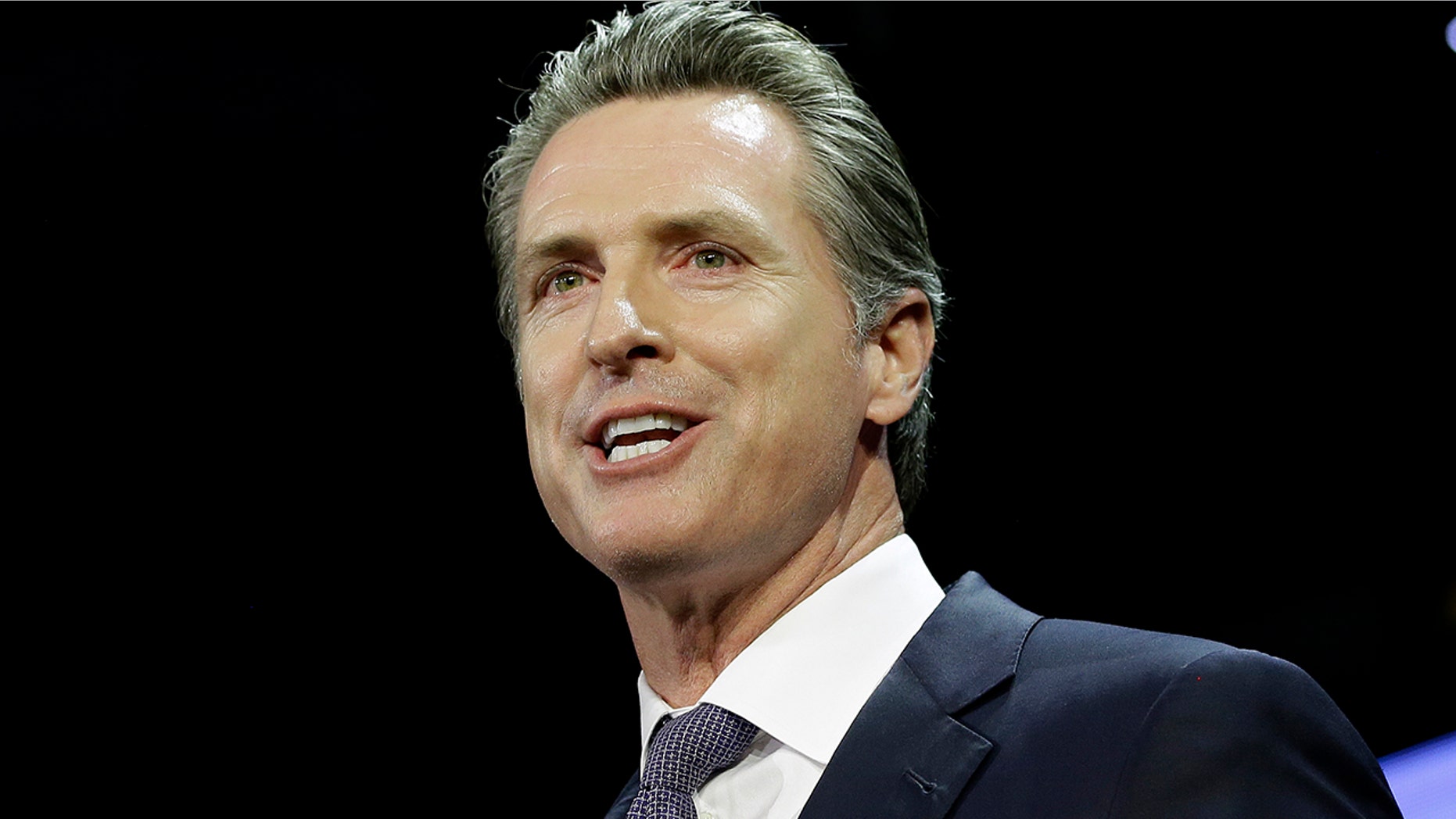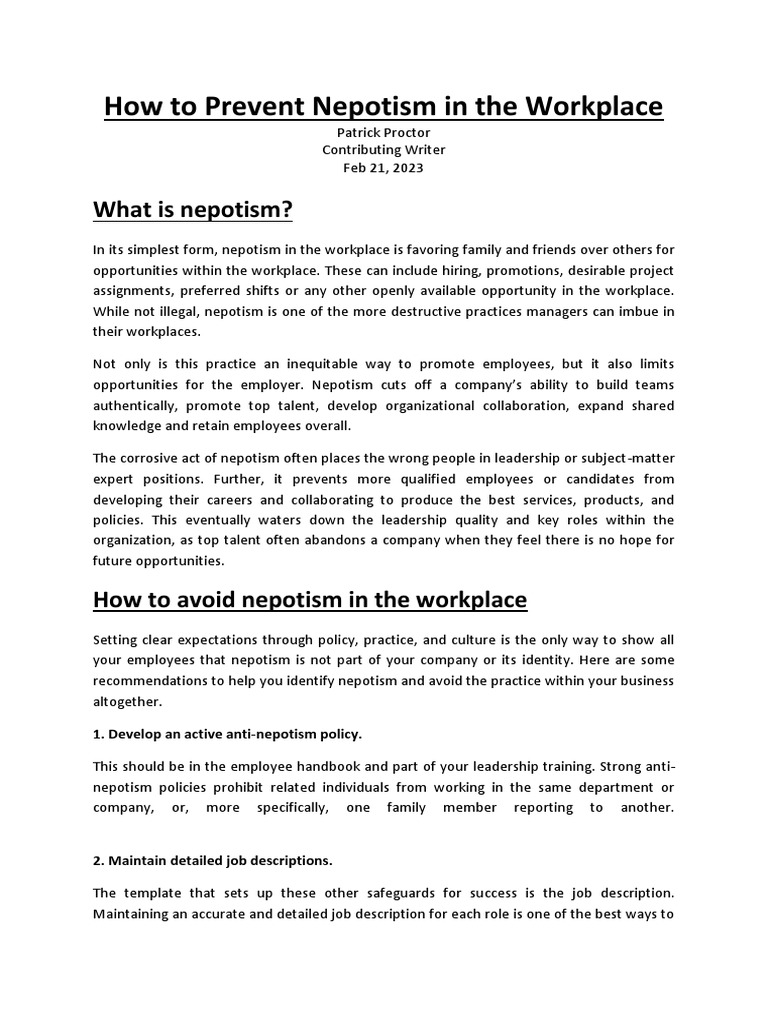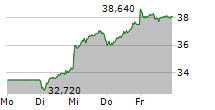Europe's AI Future Under Pressure: Trump Administration's Intervention

Table of Contents
Trade Wars and Tech Rivalry: Stifling European AI Innovation
The Trump administration's imposition of trade tariffs and its overall protectionist stance significantly hampered the free flow of AI-related technologies and talent between Europe and the US. This tech rivalry created a chilling effect on transatlantic AI collaboration, impacting several key areas:
-
Increased Costs for European Companies: Tariffs on imported US AI components, including hardware and software, increased the cost of doing business for European companies, reducing their competitiveness in the global AI market. This hindered innovation by raising the barrier to entry for smaller firms and reducing the profit margins of larger players.
-
Restrictions on Data Sharing and Collaboration: The political climate fostered mistrust and uncertainty, making European companies hesitant to engage in joint research projects or share sensitive data with US counterparts. This hampered the development of cutting-edge AI applications that often require large datasets and international collaboration.
-
Brain Drain: The uncertain regulatory environment and the perception of a less welcoming atmosphere led some European AI specialists to seek opportunities in less restrictive environments, contributing to a "brain drain" that weakens Europe's AI capabilities. This loss of talent further hampered innovation and competitiveness.
-
Impact on Access to Crucial AI Infrastructure and Cloud Services: Restrictions on access to US-based cloud services and AI infrastructure created dependencies and vulnerabilities for European businesses relying on these platforms. This limited their ability to scale their operations and innovate quickly.
Diverging Regulatory Approaches: A Transatlantic Divide in AI Governance
A fundamental divergence in regulatory approaches between the EU and the US further complicated the transatlantic AI landscape. The EU, with its comprehensive General Data Protection Regulation (GDPR) and the forthcoming AI Act, prioritizes data protection and ethical considerations. The US, on the other hand, has adopted a lighter-touch approach, focusing less on prescriptive regulation and more on promoting innovation. This divergence has several significant implications:
-
GDPR Challenges for Transatlantic Data Flows: The EU's stringent GDPR regulations created significant challenges for transatlantic data flows, crucial for AI development which often relies on large, cross-border datasets. This necessitates complex compliance measures, slowing down development and collaboration.
-
Differences in Algorithmic Accountability and Transparency: The contrasting approaches to algorithmic accountability and transparency create difficulties for companies operating in both markets. Meeting the EU's higher standards for explainability and fairness in algorithms adds complexity and cost.
-
Regulatory Fragmentation Hindering Global AI Standards: The differing regulatory landscapes hinder the development of global AI standards, leading to a fragmented market and making it challenging for companies to operate effectively across borders.
-
Impact on Competitiveness of European AI Companies: European AI companies operating in the US market face a double burden – complying with the EU's stricter regulations while also competing in a less regulated environment. This puts them at a competitive disadvantage compared to US-based companies.
The Impact on Specific AI Sectors
The Trump administration's interventions had a direct impact on the practical application of AI across various sectors:
-
Healthcare: Restrictions on data sharing significantly hampered AI-powered diagnostics and drug discovery, particularly for clinical trials that often require international collaboration and data pooling.
-
Finance: Fintech companies operating across the Atlantic faced increased compliance costs and regulatory hurdles, slowing down innovation and market expansion.
-
Autonomous Vehicles: Disruptions to cross-border testing and deployment of self-driving cars were inevitable, delaying the wider adoption of this transformative technology.
Geopolitical Implications: Shifting Alliances and the Rise of Alternatives
The Trump administration's actions pushed Europe to reconsider its strategic partnerships in the AI domain. This led to a potential shift away from US dominance towards increased collaboration with other regions, most notably China:
-
Increased Collaboration with Asian AI Powerhouses: Europe began actively seeking stronger partnerships with Asian AI powerhouses, such as China, to secure access to technology, talent, and markets.
-
Strengthening of European AI Initiatives: To mitigate dependence on US technology, Europe significantly increased investments in its own AI initiatives, aiming for greater self-reliance and technological sovereignty.
-
Potential for Alternative AI Ecosystems: The shift in geopolitical alliances could lead to the emergence of alternative AI ecosystems less dependent on US technology and its associated regulatory frameworks.
-
Long-Term Impact on Global Balance of Power: The long-term consequence is a reshaping of the global balance of power in the AI landscape, with Europe seeking to establish a strong independent position amidst the competition between the US and China.
Conclusion
The Trump administration's intervention significantly impacted Europe's AI future, creating significant challenges relating to trade, regulation, and geopolitical alliances. Navigating these complexities requires a strategic response from European policymakers to foster a robust and independent AI ecosystem. The future of Europe's AI sector depends on addressing the legacy of these interventions and fostering greater cooperation with international partners who share similar values and regulatory frameworks. Understanding the intricacies of Europe's AI future, under the pressure of past administrations' decisions, is crucial for shaping a more resilient and competitive AI landscape. Learn more about the ongoing implications of Europe's AI future and the impact of past political decisions on its trajectory.

Featured Posts
-
 Scientists Unearth Car Inside Sunken Wwii Vessel
Apr 26, 2025
Scientists Unearth Car Inside Sunken Wwii Vessel
Apr 26, 2025 -
 Newsoms Controversial Decisions A Source Of Internal Party Strife
Apr 26, 2025
Newsoms Controversial Decisions A Source Of Internal Party Strife
Apr 26, 2025 -
 Do Viral Ao Lollapalooza A Ascensao Meteorica De Benson Boone
Apr 26, 2025
Do Viral Ao Lollapalooza A Ascensao Meteorica De Benson Boone
Apr 26, 2025 -
 Is Gavin Newsoms Stance On Trans Athletes Deeply Unfair A Critical Analysis
Apr 26, 2025
Is Gavin Newsoms Stance On Trans Athletes Deeply Unfair A Critical Analysis
Apr 26, 2025 -
 The Ultimate Guide To Love Islands Nepotism A Family Affair
Apr 26, 2025
The Ultimate Guide To Love Islands Nepotism A Family Affair
Apr 26, 2025
Latest Posts
-
 German Securities Trading Act 40 Abs 1 Wp Hg Pne Ag Nutzt Eqs Pvr
Apr 27, 2025
German Securities Trading Act 40 Abs 1 Wp Hg Pne Ag Nutzt Eqs Pvr
Apr 27, 2025 -
 Offenlegungspflicht Pne Ag Nutzt Eqs Pvr Fuer Europaweite Verbreitung Gemaess 40 Abs 1 Wp Hg
Apr 27, 2025
Offenlegungspflicht Pne Ag Nutzt Eqs Pvr Fuer Europaweite Verbreitung Gemaess 40 Abs 1 Wp Hg
Apr 27, 2025 -
 Eqs Pvr Pne Ag Veroeffentlichung Gemaess 40 Abs 1 Wp Hg
Apr 27, 2025
Eqs Pvr Pne Ag Veroeffentlichung Gemaess 40 Abs 1 Wp Hg
Apr 27, 2025 -
 Grand National Horse Mortality Statistics 2025 Perspective
Apr 27, 2025
Grand National Horse Mortality Statistics 2025 Perspective
Apr 27, 2025 -
 The Number Of Horse Deaths At The Grand National Ahead Of The 2025 Race
Apr 27, 2025
The Number Of Horse Deaths At The Grand National Ahead Of The 2025 Race
Apr 27, 2025
